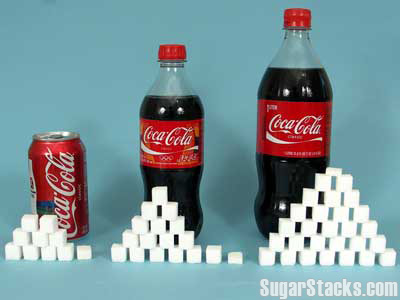Science magazine reports on pre-historic dental hygiene. Compared to modern mouths, the mouth’s of cavemen seem to have been colonized by fewer bacteria that cause tooth decay. The switch to agriculture and a diet that includes lots of sugars and refined carbohydrated seem to correspond to a surge in these types of bacterial species:
With these data, they charted the spectrum of bacterial species within the human mouth over the past 7500 years. Hunter-gatherers had fewer species that cause cavities and periodontal disease, and different percentages of all 15 phyla of bacteria found in modern teeth, plus some unclassified bacteria. Early farmers showed a sharp increase in bacteria that cause tooth decay, such as a Veillonellaceae strain, and a dramatic surge inPorphyromonas gingivalis, which causes periodontal disease.
The first significant sample of S. mutans turned up around 4300 years ago in the Bronze Age in Yorkshire, U.K. Overall bacterial diversity, including higher levels of S. mutans and P. gingivalis, seemed to stabilize through the Bronze Age and medieval period. Then, sometime in the past 400 years, the diversity of bacteria within each tooth dropped sharply once again. Modern samples and preliminary data from the mid-19th century show an oral environment even more dominated by S. mutans. Cooper concludes that the change occurred with the Industrial Revolution, about 1850 in England, when cavities also increased and refined sugars entered the diet. “Sugar and flour caused everything to go berserk,” he says.

